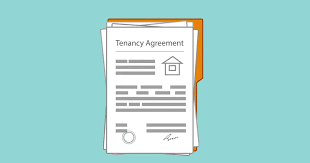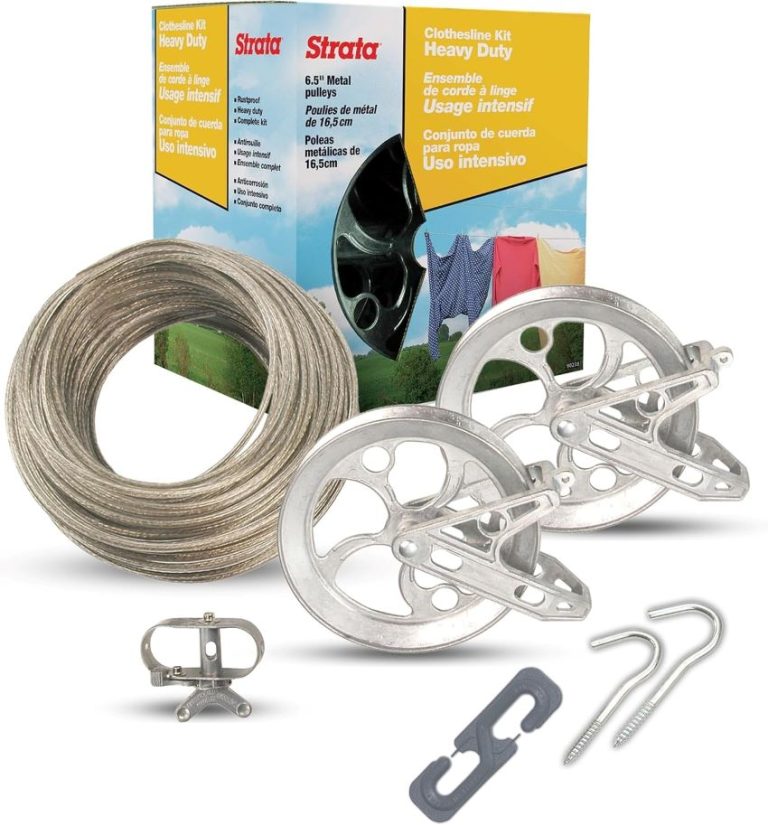A tenancy agreement is not only a binding contract but also a highly practical document that contains vital information. It can be as brief as one page or extend to multiple pages. Its primary purpose is to clearly outline the terms and conditions agreed upon by the landlord and tenant for their rental arrangement. Whether you require a guarantor for your tenant, plan on renting out furniture or rooms or need to establish limitations on occupants, there are elements that should always be included in any tenancy agreement.

- Duration of the tenancy; This section typically specifies whether the tenancy is based on an agreement or lease. Rental agreements generally operate on a month to month basis with renewals until either party terminates it while leases are fixed term contracts that span at one year. For a Letting Agency Gloucester, visit /www.tgres.co.uk/
- Landlord responsibilities; It is advisable to state in the tenancy agreement how the landlord will handle property maintenance and repairs including any appliances or structures, within the premises. Different arrangements may require landlords to repair or replace all appliances while others may limit their responsibility to repairs only. Additionally it’s important to mention how frequently property inspections will be conducted by the landlord.
- Rental Terms and Conditions; Include the amount, date and acceptable payment methods (cash, cheque or standing order) in the rental agreement. It may be beneficial to add clauses that restrict the number of occupants for instance limiting the home to a maximum of two individuals or disallowing pets and conducting freelance activities on the premises. Also provide information about fees and consequences if the rent is not received on time.

- Security Deposits; If you require a security deposit from your tenants ensure that the tenancy agreement specifies how it will be protected. It should also state that any damages caused during their stay may result in forfeiture of the deposit. In England and Wales it is mandatory to place deposits in one of three government backed deposit protection schemes. Scotland and Northern Ireland have their schemes.
- Regulations and Boundaries; Create a list outlining the regulations that tenants must adhere to while residing in your property. These rules may include restrictions on noise during hours, no smoking inside or outside of the house or grounds as well as prohibiting business operations from being conducted at home. Clearly outline penalties for violating these rules such, as fines or possible termination of tenancy.
- Contact; Additionally it would be helpful to state the preferred modes of communication with your tenants. You can request them to submit repair requests in writing and provide them with options like email or text message, for sending notices.











+ There are no comments
Add yours